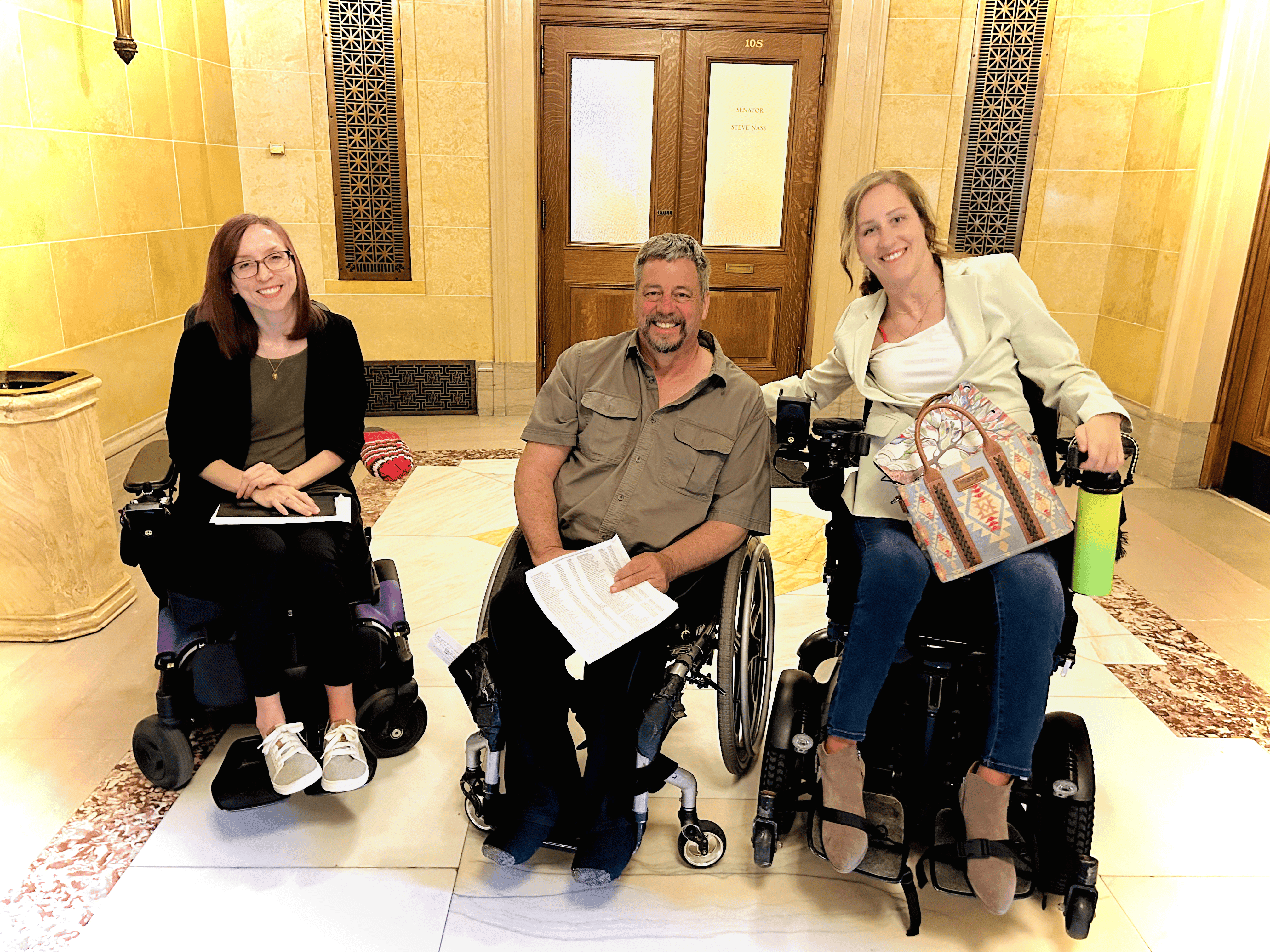
Pain. It’s bad, right? We fear it. We avoid it. We medicate it. We suffer through it. But we also know it's an inevitability - one of the guaranteed deliverables of living.
But what if that inevitability could be thought of as a useful tool forged in discomfort and suffering? This question has been echoing in my mind again lately.
I used to yell it from the top of the hospital parking ramp in the middle of the night while my son was lying newly paralyzed in a hospital bed, terrified of the future laid out before him. What do I do with this pain? How do I respond to it? I asked it back then. And I continue to ask this question today.
Oddly enough, an answer came to me recently as I was re-watching the Netflix show Sense8, where eight people experience each other's mental and emotional lives, telepathically.
It turns out, the show’s creators were informed by some scientific underpinnings. They cited a book, amongst other works, called A General Theory of Love, by psychiatrists Thomas Lewis, Richard Lannon, & Fari Aminic. The book suggests that our brains have developed to require relationship and connection in order to be at optimum health and function. We are wired to feel what others feel and better yet to respond for the best kind of survival.
The fact is that the act of responding changes us and connects us.
It got me thinking about our SCI community. When you or your family member was first injured, it took a while to understand what was happening to you. But then many of us were able to dig in and make surprising and life-changing connections - both emotionally and physically - that we never could have anticipated in those first few days and months after the trauma of this injury.
We are connected by our shared experiences of pain in response to this injury and as a result of this injury. There is a transformative power available in that connection. Don’t misunderstand me. I’m not suggesting the pain is itself the power. I am suggesting that there is power in the connection from sharing an experience like SCI.
Power? Yes, if we harness the power of our shared stories, experiences and passion….together.
But what do we do with that power? Well, there are the immediate and obvious examples: peer mentoring, the ADA, and sometimes (dare I say it) “inspiration porn” - usually best employed to raise money, so you can get your life back on track.
What about cures? There’s a principle in biology: structure is function. Almost all of life’s biological processes are determined by the sequences of amino acids that form the structure of proteins. The structure of the protein determines how and what it does.
I’d propose that the way we structure ourselves (and our stories), not unlike amino acids to proteins, collectively determines what and how we do what we do. We can build ourselves into a structure that’s built for cures.
That structure is and will continue to be necessary to successfully navigate the systems of science, clinical practice, regulations, the forces of the market and the priorities and expectations of the cultures we live in.
U2FP from its inception has been built upon this principle. We believe that all of us have a role to play. And we, as an organization, have been building structures that function to accelerate scientific discovery and cut pathways to bring the power of our community into its systems.
The alternative, of course, is to not think about it and watch again and again the ‘breakthroughs’ that never breakthrough to our community…and wait.
But these days, I always go back to the pain. Because the pain I feel as a result of my son’s injury 13 years ago has been woven into the fibers of my being. And as a result, I don’t have much of an appetite for waiting. I need to keep building more relationships between scientists who can deliver cures and the SCI community that can help inform and guide them.
This is why I joined U2FP as a volunteer in their work years ago, and why I still think we're doing unique and critical work for the SCI Community. You need us. And we need you.
Join us!

















